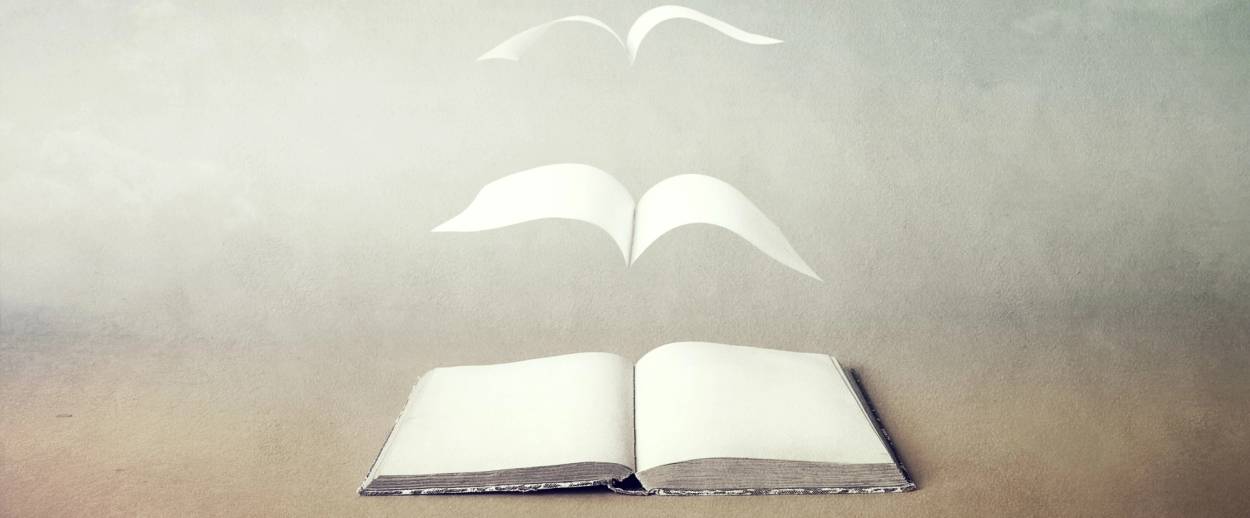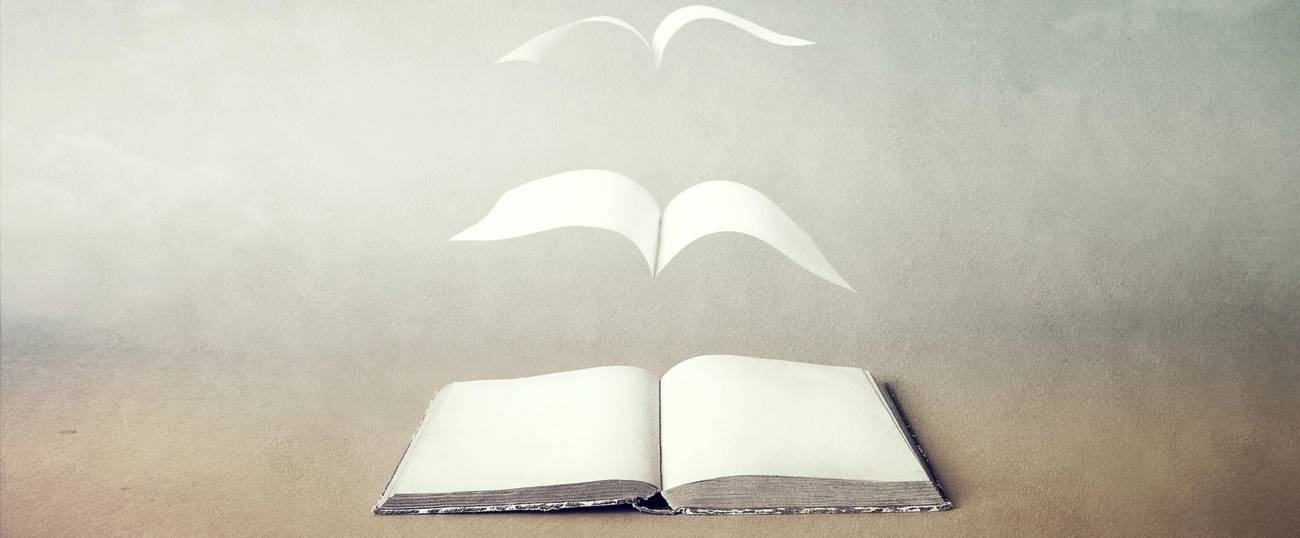Poetry to Exalt the Everyday
The case for a new Hebrew month of poetry and heeding the wakeful heart




We’ve just entered the Hebrew month of Heshvan, the only month of the Jewish year containing zero holidays. Every single one of its 29 days, excepting the Sabbath of course, is a wholly ordinary one. So what to do when the ordinary becomes routine?
Maybe the right approach to a month where all is commonplace is to celebrate that particular element; to make of the prosaic something special.
The National Poetry Society has deemed April its National Poetry Month since 1996, but we Jews could make Heshvan our Poetry Month as a way to stay focused on paying attention. In the words of poet Jane Hirschfield, “attentiveness only deepens what it regards and that is what poetry is for, to deepen all that we see.” Even if all we see is ordinary, it will be deepened if we focus on it through poetry. Or as German Jewish poet Paul Celan wrote in a 1960 letter to a friend, “poems–these are also gifts–gifts to the attentive.” In a world of the quotidian, the best approach to the humdrum is to pay it careful attention, as poetry does.
Poetry functions as well to express what is otherwise inexpressible, to have that sense that “hope is a strange invention” as Emily Dickinson says.
My nominee for the first poem in Heshvan, is a verse from the biblical love poem the Song of Songs. Literary critic, professor of Hebrew literature, and translator of the Hebrew Bible Robert Alter says of the book as a whole that in it there is a “harmonious correspondence between poem and world, the world exhibiting the lovely tracery of satisfying linkages that characterizes poetry itself.” There is a verse in the Song of Songs that illustrates what we can hope for from our new poetic month of Heshvan: “I am asleep yet my heart is wakeful, the voice of my beloved knocks.” This image contains a wonderful paradox, being asleep yet with an awakened heart. It speaks to poetry’s own nature—that the language may work on us even while we are sleeping. A poem’s imagery and rhythm and diction, the look of the words on the page can affect our hearts, rousing them, even if we can’t consciously understand the mechanism at work.
Traditionally this verse has been seen as a trope of yearning for Israel from the Diaspora as in the talk and book Kol Dodi Dofek by the late Rabbi Joseph Soloveitchik. In this reading, a Jew can be fully awake and engaged only in the circumscribed space of the Holy Land. But this sense of not being fully conscious in one’s life is something I think each of us can relate to. Who hasn’t experienced a time when they felt like they were sleepwalking through life? In those moments, only some kind of drug—be it caffeine, alcohol, or something that stimulates us like music or poetry or art or a performance—can take us out of our everyday lives and shake us. We are suddenly awoken to say, “now I feel truly alive, aroused to who I really am.”
And that, for me, is where poetry comes in, it conveys in words a truth that isn’t possible otherwise. When the heart is involved, everything else has to follow
Being asleep with a wakeful heart is how, without consciously willing it, we can get the words and emotions in tandem. This may never be fully possible since there is always a clashing and a disconnect, a sense that there are feelings that can’t be consciously articulated and yet exist and have significance.
If you want to begin your Heshvan by reading a poem a day, there are many ways to go. An easy way to begin is to watch a wonderful new PBS show called Poetry in America. In 12 episodes that show calls in all manner of celebrities like Joe Biden and Bill Clinton, Elena Kagan, Katie Couric, Shaquille O’Neill, and Bono, to discuss poetry with host Harvard English professor Elisa New. The three episodes on Jewish poets, Allan Ginsberg, Emma Lazarus, and Robert Pinsky, illuminate both their texts and the Jewish themes that informed their work.
Goodreads has a comprehensive Jewish poetry list but the important thing is just to start, to take the first step into that strange invention of hope. So, go ahead and start with the work of a poet, any poet, be it Emily Dickinson or Nikky Finney, Yehuda Amichai, or Yona Wallach. Or an anthology like the recent America, We Call Your Name: Poems of Resistance and Resilience containing poems by both well-known and newer writers, as well as one on “Noah” by Patrick Daly and one of the “Crossing of the Red Sea” by Dan Bellm.
Jane Hirschfield has said, “my primary interest has always been the attempt to understand and deepen experience by bringing it into words. Poetry, for me, is an instrument of investigation and a mode of perception, a way of knowing and feeling both self and world.”
Making Heshvan a month of poetry can be our small way of exalting the everyday by dedicating time to be aware that even while the body sleeps and life appears ordinary, the heart may be entirely awake. We can all use a month of that now.
Beth Kissileff is the editor of the anthology Reading Genesis (Continuum, 2016) and the author of the novelQuestioning Return (Mandel Vilar Press, 2016). Visit her online at www.bethkissileff.com.